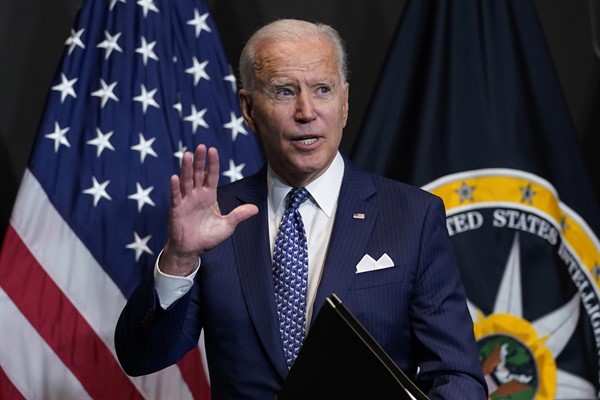Every day, the gargantuan U.S. intelligence community, with its budget of $84 billion, scans the world looking for threats to the United States. In a landmark report released last month, the National Intelligence Council identified a big one: climate change. The world’s failure to curb greenhouse gas emissions and the brutal impacts of climate change, the assessment warns, are now poised to upend geopolitics over the next two decades as global warming exacerbates diplomatic tensions, cross-border competition and instability in heat-stressed countries.
It is hard to overstate the importance of this new report, which is the latest National Intelligence Estimate, the intelligence community’s most authoritative and collaborative assessments. In the nearly 30 years since the U.S. signed the U.N. Framework Convention on Climate Change, the country’s national security establishment has treated global warming as a third- or, at best, second-tier priority. When I was on the State Department’s Policy Planning Staff, between 2002 and 2004, most of my colleagues regarded climate change as a largely theoretical, boutique issue irrelevant to the traditional and ostensibly higher purposes of statecraft.
Those days are over. As I argue in the current issue of Foreign Affairs, we have entered an age of “ecological realism,” in which preserving the integrity of the biosphere must be a core national interest, as it forms the basis for everything else the U.S., or indeed humanity, hopes to accomplish. President Joe Biden, at least, seems to recognize this. In his first week in office, he signed an executive order designating climate change as a national security priority and instructing government agencies to develop a comprehensive strategy to combat it. He also tasked Avril Haines, his director of national intelligence, with assessing the security threats the U.S. will face as the planet warms.

